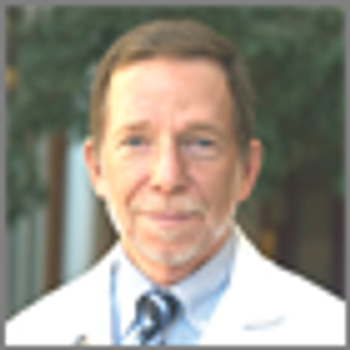The costs and relative cost-effectiveness of different treatments for common illnesses are an increasing concern. New treatments for advanced non-small-cell lung cancer are having an impact. However, these treatments vary markedly in their direct financial costs, toxicity, and quality-of-life profiles. Direct comparisons between most combination regimens are not yet completed. Vinorelbine (Navelbine) is the first new agent approved in the United States for the treatment of metastatic non-small-cell lung cancer in more than a decade. We previously reported results of a post-hoc economic analysis that compared the anticipated cost-effectiveness of three regimens used to treat non-small-cell lung cancer (vinorelbine alone versus vinorelbine plus cisplatin [Platinol] versus vindesine plus cisplatin, the assumed standard treatment in Europe). Results showed that vinorelbine plus cisplatin was the most effective regimen. Using vinorelbine alone as a baseline, vinorelbine plus cisplatin added 56 days of life at an additional cost of $2,700, resulting in a cost-effectiveness ratio of $17,700 per year of life gained. Similarly, vindesine plus cisplatin added 19 days of life at a cost of $1,150, or $22,100 per year of life gained. Compared to vindesine plus cisplatin, vinorelbine plus cisplatin added 37 days of life at a cost of $1,570, or $15,500 per year of life gained. We conclude that the incremental cost-effectiveness of the vinorelbine plus cisplatin regimen was less than most commonly accepted medical interventions. If vinorelbine is preferred because of its favorable toxicity profile, the additional effectiveness of cisplatin added substantial efficacy at an acceptable cost.[ONCOLOGY(Suppl 4):14-17, 1998]



